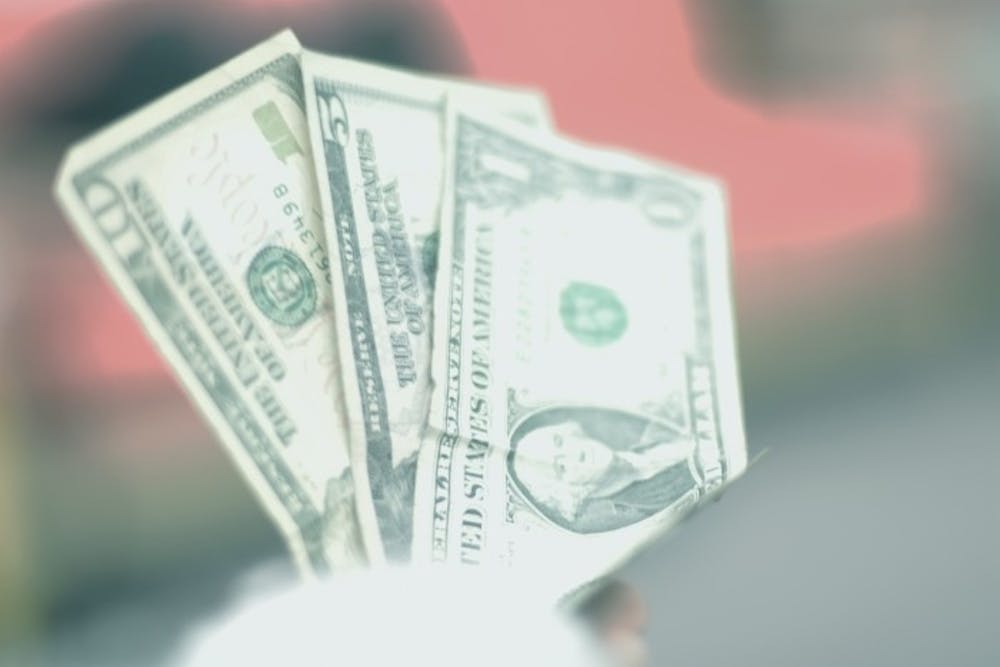
Say you don’t have a financially stable family. Say you’ve been homeless on and off for over two years. Say you have mental health problems that require medication and hospitalization. Say you’ve been forcibly hurt, trapped, and traumatized. Say you need to spend a few months at a mental health facility. Say that facility costs thousands of dollars a month. Say you’re out of time. Say there’s a pandemic raging across the world, unemployment has been drastically decreased, and you don’t qualify for health insurance. What do you do?
You turn to social media and crowd-source some kind of funding. You ask friends, strangers, and followers to help you out because there’s no other way to get better, no other way to live. This terrible example isn’t something I randomly concocted; it is what two of my friends are currently experiencing, and a variant of what countless others are living through. With seemingly nowhere else to go, my friend tweeted the other day about the unfortunate position she’s in, relying on the kindness and generosity of twitter users to help her out. Since March, I’ve seen an influx of tweets just like hers, of people turning to social media in the hopes of garnering enough attention so they can afford medication, rent, and ultimately, their lives.
The precarity this pandemic has engendered in so many lives is not only unprecedented but unrelenting. The devastating financial effects aren’t going to stop when restaurants open again or when we can return to our favorite bars. This financial strain will haunt underprivileged communities, and instead of turning away from pleas such as my friend’s, it’s up to us to show kindness and generosity if we can. I recognize that not everyone has a disposable income, and many people are already responsible for expenses outside their immediate needs. I’m not asking for people to sacrifice their own necessities for other people, but I am asking everyone to consider what exactly is a necessity right now.
Over 1.2 million people in the United States filed first-time unemployment claims this year alone, and as COVID-19 continues its reign, this number will only rise. The COVID-19 crisis has shown a light on the fragility of so many different kinds of students, hourly wage earners, the immunocompromised, etc. If your first reaction to a post of this kind is to discredit the person’s situation, think that they should just ‘get a job’ and work harder, or assume they’re lying, you should consider the actions you would take if you were desperate to survive.
No one is asking you to spend your last twenty dollars on a stranger’s grocery bill, but if you come across a social media post of someone genuinely asking for mercy during a pandemic, I urge everyone to consider giving what they can. I would hope that if I needed life-saving mental health treatment, someone would care about me as much as my friend cares about her sister. Posting on Twitter, asking for help, and revealing the depth of her situation was brave. If you’d like to help, her information is below.
Paypal: paypal.me/marspheus
Venmo: @streetfaery
Cashapp: $fleetwoodcrck
I know how tough these times can be. I also know the power of generosity. The world is too ugly right now to not be kind and generous when we can be.

SOPHIA DUROSE is a College senior from Orlando, Fla. studying English. Her email address is sdurose@sas.upenn.edu.
The Daily Pennsylvanian is an independent, student-run newspaper. Please consider making a donation to support the coverage that shapes the University. Your generosity ensures a future of strong journalism at Penn.
Donate






